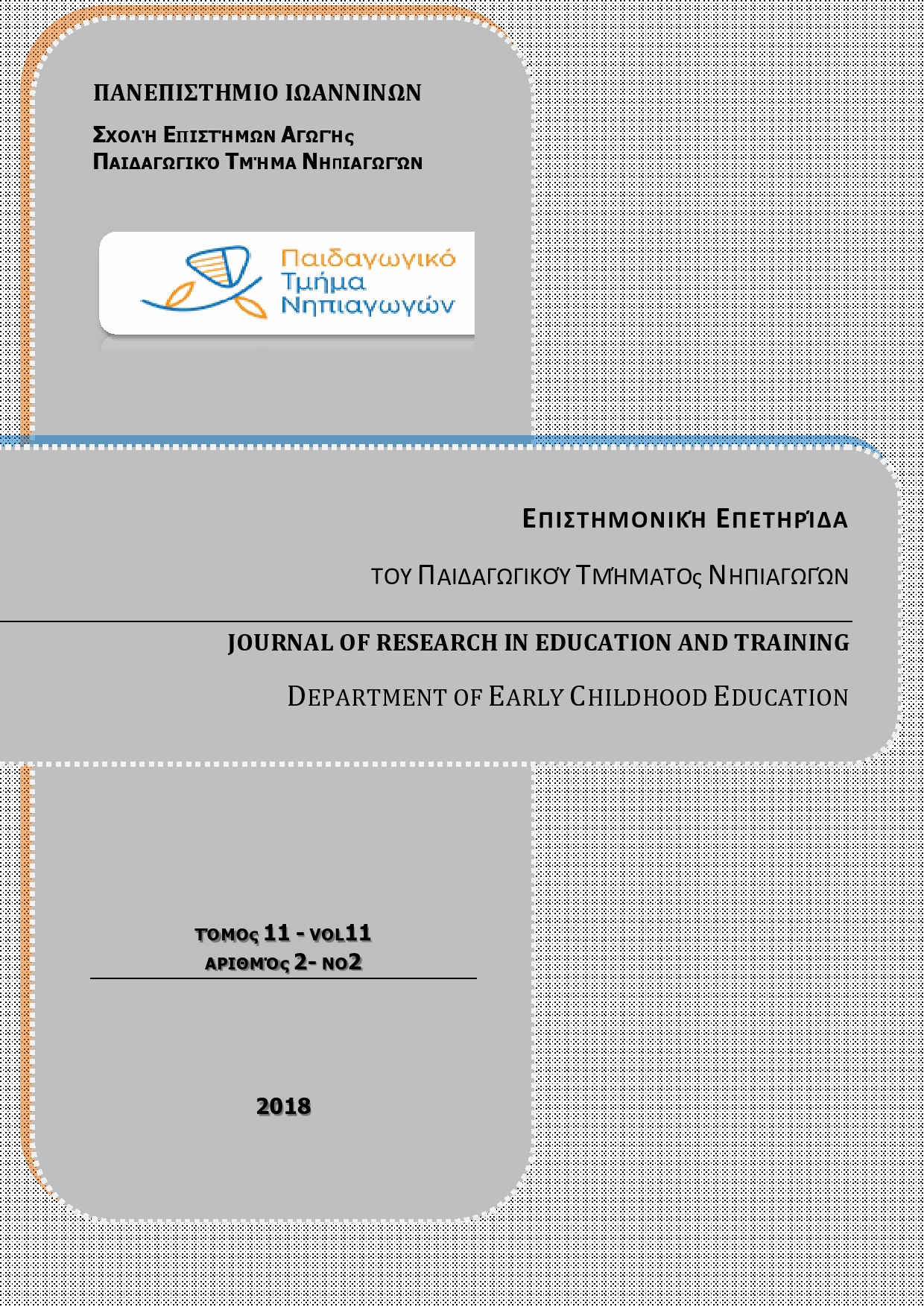The promotion of intercultural dialogue in the 20-year agenda of UNESCO for higher education: (1998-2017) from theory to praxis?

Abstract
In the last decades of the 21st century international and regional organizations have placed in their agenda the promotion of intercultural dialogue due to globalization and cultural diversity. In particular, intercultural dialogue holds a prominent place in UNESCO’s agenda, as it is an international organization that is constantly engaged with education. This paper examines through content analysis the conditions under which "Intercultural Dialogue" is promoted in the content of UNESCO’s final reports of world conferences: "Higher Education in the 21st Century Vision and Action" (1998), "World Conference on Higher Education" (2009) and "Meeting of the Partners of Higher Education" (2003) which all are related to Higher Education. The research results obtained through content analysis, with “theme” as recording unit, have shown that intercultural dialogue can be promoted in higher education through its internationalization, its connection with the modern social reality and the creation of a democratic culture. However, it is not provided appropriate practical support either through specialized staff or through appropriate resources.
Article Details
- How to Cite
-
Pitsou, C., & Asterioti, N. (2018). The promotion of intercultural dialogue in the 20-year agenda of UNESCO for higher education: (1998-2017): from theory to praxis?. Journal of Research in Education and Training, 11(2), 70–89. https://doi.org/10.12681/jret.14790
- Issue
- Vol. 11 No. 2 (2018)
- Section
- Articles

This work is licensed under a Creative Commons Attribution-NonCommercial-ShareAlike 4.0 International License.
Authors who publish with this journal agree to the following terms:
- Authors retain copyright and grant the journal right of first publication with the work simultaneously licensed under a Creative Commons Attribution Non-Commercial License that allows others to share the work with an acknowledgement of the work's authorship and initial publication in this journal.
- Authors are able to enter into separate, additional contractual arrangements for the non-exclusive distribution of the journal's published version of the work (e.g. post it to an institutional repository or publish it in a book), with an acknowledgement of its initial publication in this journal.
- Authors are permitted and encouraged to post their work online (preferably in institutional repositories or on their website) prior to and during the submission process, as it can lead to productive exchanges, as well as earlier and greater citation of published work (See The Effect of Open Access).


